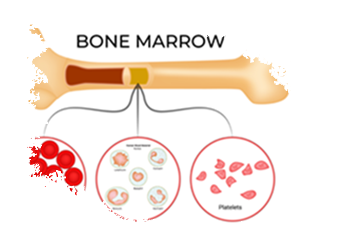
A bone marrow biopsy is a medical procedure used to diagnose and evaluate various health conditions that affect the bone marrow, the spongy tissue found inside bones responsible for producing blood cells. During the procedure, a small sample of bone marrow is removed from the hip bone (iliac crest) using a needle. This sample is then examined under a microscope to check for abnormalities in blood cell production, signs of infection, or diseases like leukemia, lymphoma, anemia, or myeloma.
The biopsy can also help doctors assess the effectiveness of ongoing treatments or track the progression of certain conditions. While it may sound intimidating, the procedure is generally quick and performed under local anesthesia to minimize discomfort. Post-procedure, some bruising or soreness at the site is common, but serious complications are rare.
Understanding the importance of a bone marrow biopsy can help patients feel more at ease when faced with the procedure. It is a valuable diagnostic tool that provides critical insights into the health of your blood and immune system, ensuring timely and accurate treatment. If you're scheduled for a bone marrow biopsy, be sure to discuss any concerns with your doctor beforehand to feel confident and informed.